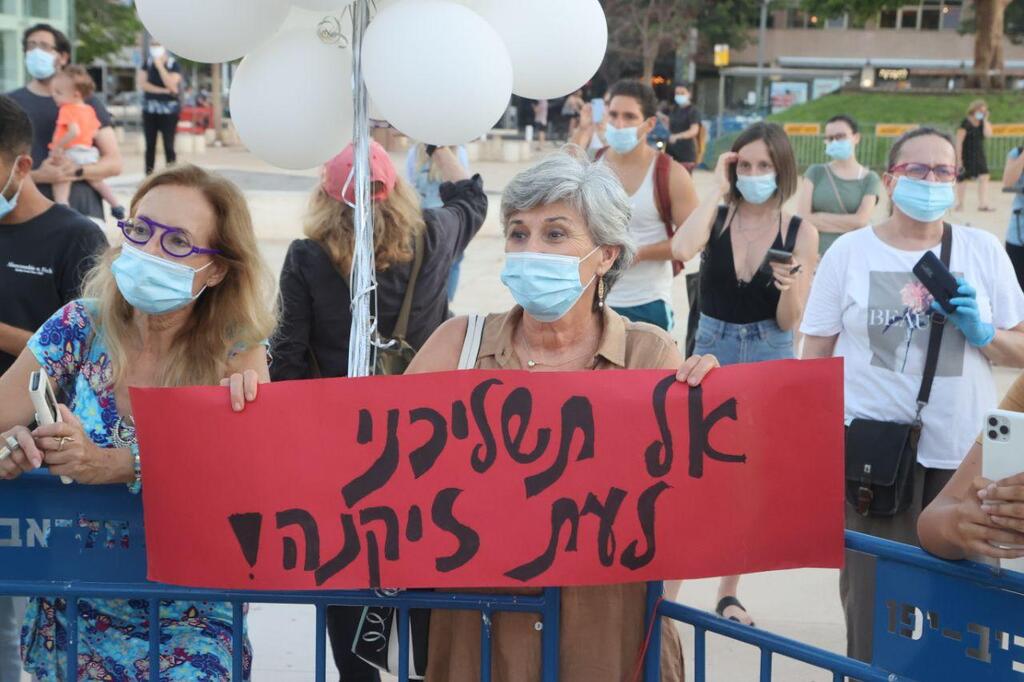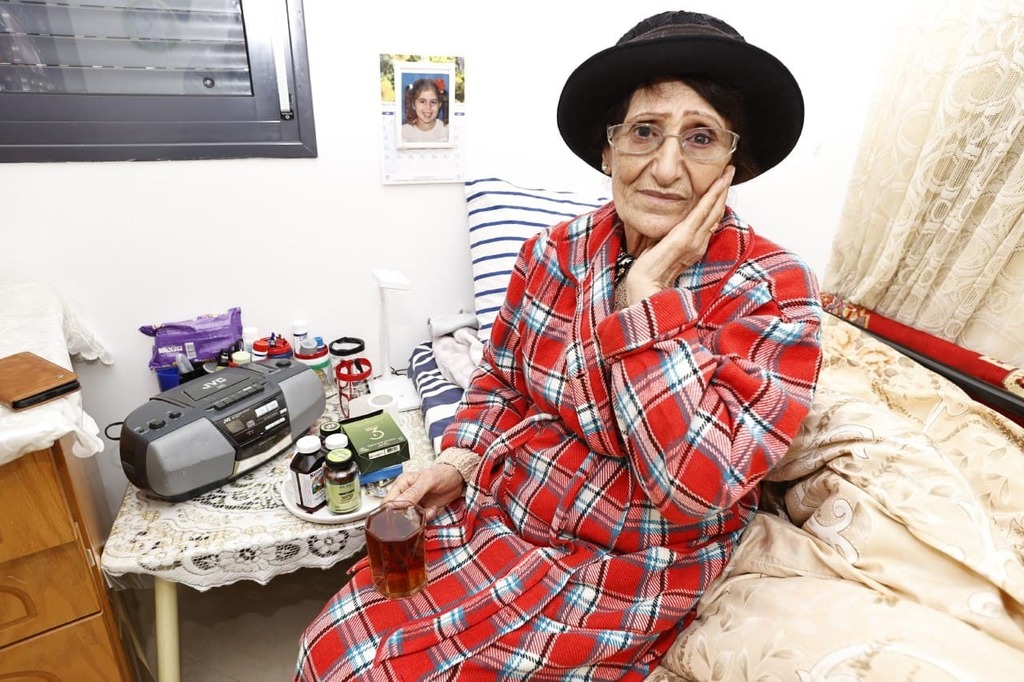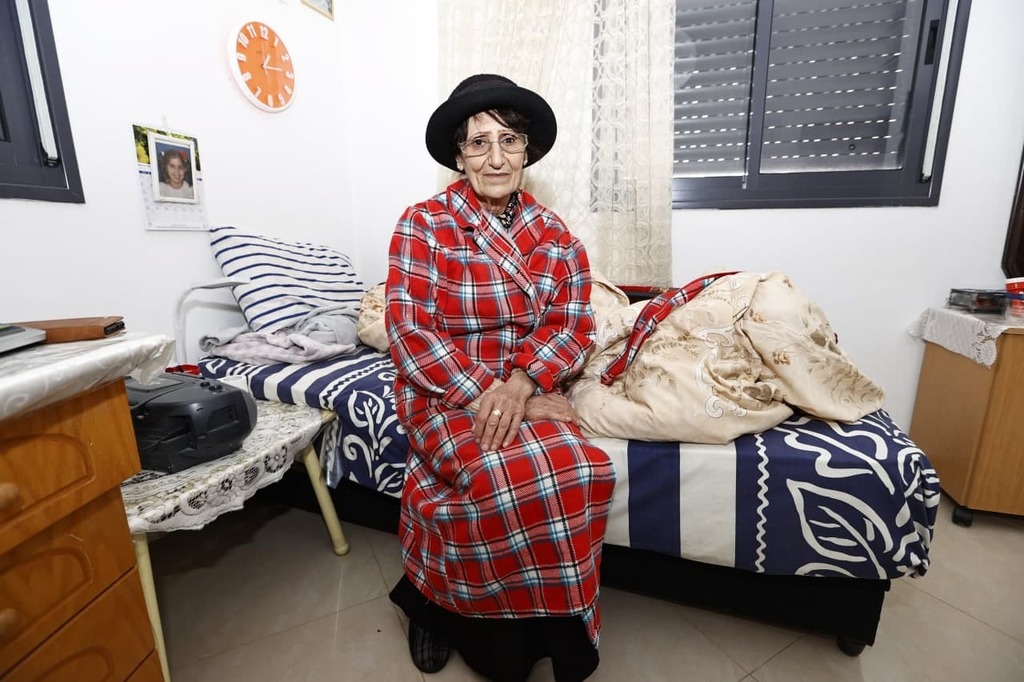Her entire life, 77-year-old Holocaust survivor Yafa Simhon dreamed that she would work to provide for her daughters and give her offspring a better life than she had.
Simhon immigrated to Israel with her parents and sisters from Morocco in 1952, settling in the southern town of Ashkelon.
"It was very hard for us when we came to Israel," she says. "We lived in poverty and had barely anything to eat. We would have a slice of bread with margarine and shower once a week. A destitute living. We lived in a shack and wore tattered clothes. I can still remember how my mom would sow us socks."
For years, Yafa worked at a mikveh and now she lives on a tiny pension, barely enough to cover medical expenses, leaving her with no extra money to buy groceries or heat the apartment.
"I always loved to work, but now I am too tired," she says. "This is not the golden age for me, it is the age of torment. I had dental issues that I had to pay a lot for to fix. I also need to pay for other treatments I cannot afford."
Yafa said she is struggling to even pay her electricity bills. "Sometimes I turn the heater to get warm and put some rags on me, I do not buy new clothes, sometimes I buy second-hand or my daughter buys them for me."
Yafa and her family were in Morocco during World War II and those horrible memories do not leave to this day. Morroco, which back then was occupied by France, fell under the rule of Vichy France, an independent ally of Nazi Germany, between 1940 and 1942.
"My dad took my sister and me to the hospital because I had an infection in my eye and my sister was bitten by a dog. He left us there because he said that if he went with us into the hospital, he would never come back out," she says.
"They took my eye out and told my father that my sister had died and was buried. To this day, we do not know what happened to her. She was probably taken by the Nazis. Those memories haunt me all the time. Every time I look in the mirror, I see them."
Under Vichy government, Morocco's Jews were subject to severe anti-Semitic laws and racial violence, being excluded from administrative jobs and forced to move from the more European and affluent neighborhoods to the periphery.
3 View gallery


Demonstrators in Tel Aviv protesting the lack of aid to Holocaust survivors during the coronavirus pandemic
(Photo: Moti Kimchi)
Yafa continues to live very stringently, calculating carefully every expense. She is suffering from an array of health issues, including vertigo and loss of balance due to not having one eye as well as orthopedic problems requiring special footwear.
"Instead of buying food, I buy medicine," she says. "Orthopedic shoes costs NIS 800 a pair and dentures NIS 3,000. My daughter helps me as much as she can as well 'The Foundation for the Benefit of Holocaust Victims' that helps me with food stamps."
If you wish to volunteer or donate to help other survivors like Yafa, you can visit the Foundation for the Benefit of Holocaust Victims' website or dial 03-6090866.



